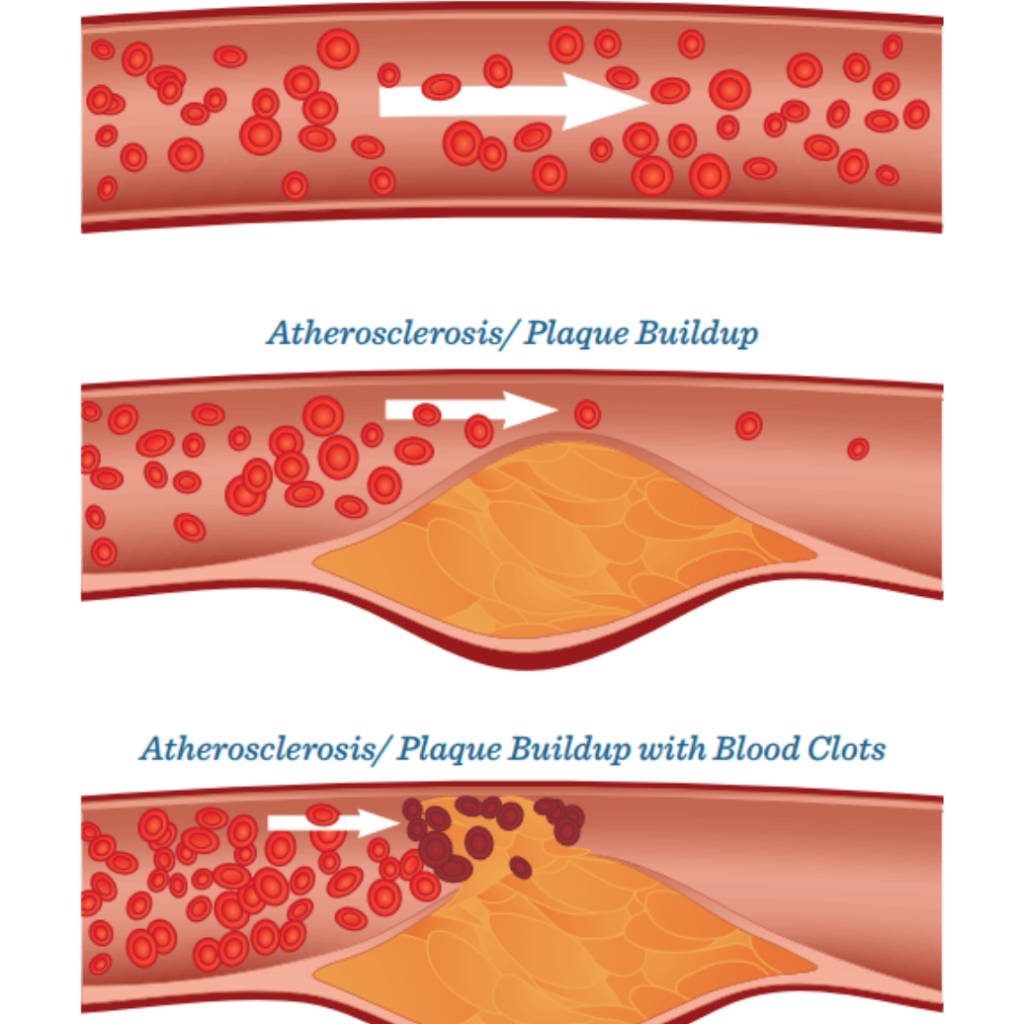Heart Problems & DNA: What Are My Genes Telling Me?
Nowadays, the number of reported heart diseases is increasing day by day. According to WHO, cardiovascular diseases have been the number one cause of death globally. In 2016, an estimated 17.9 million people lost their lives due to heart problems, making it 31% of all global deaths.
Despite being such a dangerous problem, no solid treatment has been figured out for it by now. Some people tend to survive, but others just do not have enough to fight against it.
So, what really are some of the most common heart problems that amount to such significant deaths? And are they really genetic or are they caused by some other factors? Could your DNA be carrying a gene for a heart disease? Let’s find out!
1. Arrhythmia
This happens when your heart does not beat in a regular motion. There are frequent irregularities between the beats, or they are just too fast or slow, disabling the proper regulation of blood in your body.
Arrhythmia could develop if you have a heart disease, changes in your heart muscle, or if there is some harm from a heart attack. In addition, a genetic history of this sickness may also contribute to its occurring. A dominant autosomal pattern is passed on by the parents to their child, resulting in a higher chance of this heart problem.
In this disease, it is likely that you experience difficulties while breathing, suffer from serious chest pains, feel tired or dizzy, or experience frequent fainting.
2. Cardiomegaly
This is the enlargement of your heart due to damage to some heart muscle. Even though initially there are no visible effects, as the time progresses, the heart’s ability to pump blood reduces which leads to further problems and complications.
The increase in the size of the heart could be because of high blood pressure, kidney disease, excessive use of alcohol or drugs, and could occur during different stages of pregnancy. Moreover, this condition can be inherited by a person if there is some family history of this problem.
Suffering from this condition, a person may experience constant tiredness, gain some extra weight, their leg may swell, or shortness of breath may occur.
3. Heart attacks
A heart attack is the most common type of heart problem found in people all over the world. The coronary arteries supplying oxygen to the heart gets blocked as fats and proteins build up inside their walls. The path for blood to flow becomes narrower and narrower until it is completely blocked.
This blockage leads to a lack of oxygen provided to the heart muscles, and as a result, the cells inside them die which leads to the disabling of these muscles. Several symptoms may be witnessed while experiencing a heart attack such as discomfort or pain in the chest, pain in the arm, jaws, and backbone, constant nausea and sweating, and irregular heartbeats.
It may be surprising to know, but DNA plays a major part in causing a heart disease. If one of your relatives had a heart attack, then there are strong chances that it might happen to you too.

4. Heart Valve Disease
When the normal functioning of the heart valves is disturbed, then this problem may happen. The valves stop working the way they are supposed to which results in heart failure.
There may be several reasons that may account for the rise of this disease. It could be due to the difference in the size of valves or their structure that may lead to congenital valve disease. Also, another similar condition called bicuspid aortic valve disease may occur. This is when instead of 3 leaflets in the bicuspid valve, there are only two. Because of this, it becomes difficult for the valves to open and close.
The symptoms of this type of heart problem may include shortness of breath and continual weakness and swelling in various body parts such as ankles and feet.
However, there may be a chance that this disease is inherited in your genes. A study shows that aortic valve disease is found in 24% of families later that had at least one member who had suffered from this disease. So, genetics might play a part in the rising of this problem.
5. Pericarditis
This happens when any of the layers of the pericardium (a thin tissue sac that covers the heart) inflates. It consists of three layers; visceral pericardium – the inner layer, a middle fluid layer, and a parietal pericardium – the outer layer.
Pericarditis prevails when a person experiences a heart attack, undergoes a heart surgery, or is diagnosed with cancer or some kind of serious trauma. This problem may incur suddenly or could be chronic.
People who suffer from the problem experience extreme chest pains, low-grade fever, and increased heartbeats.
As yet, it is concluded that genetics and pericarditis have no notable relations. Most people who suffered this problem had no family history of the disease, so this may not be due to inherited genes.
6. Marfan syndrome
This disease has an impact on the body’s connective tissues that provide the strength, support, and movement to tendons, blood vessels, cartilage, and heart valves. In this condition, these tissues are not strong enough to carry out their functions.
The Marfan syndrome is caused by a mutation in the gene which is assigned for making fibrillin. In almost every case, this mutated gene is inherited by a person from their parents or ancestors. If a person possesses this gene, there is a 50% chance of it being passed to their offspring.
The problems that come with this syndrome are an unfit build, flat teeth, curvature of the spine, or crowded teeth.





